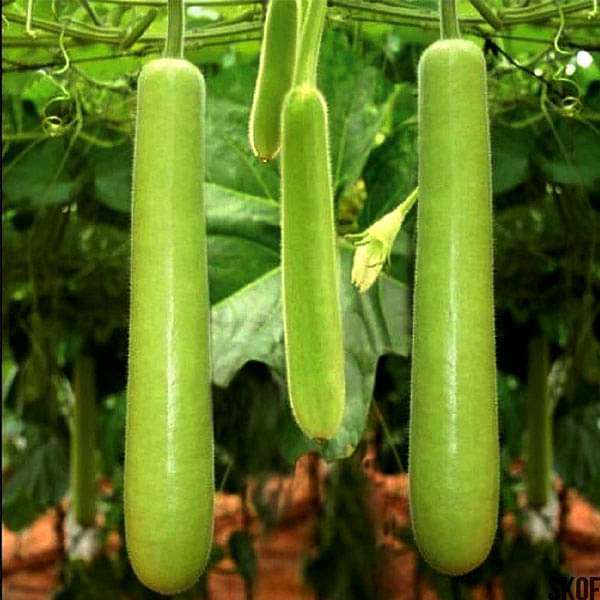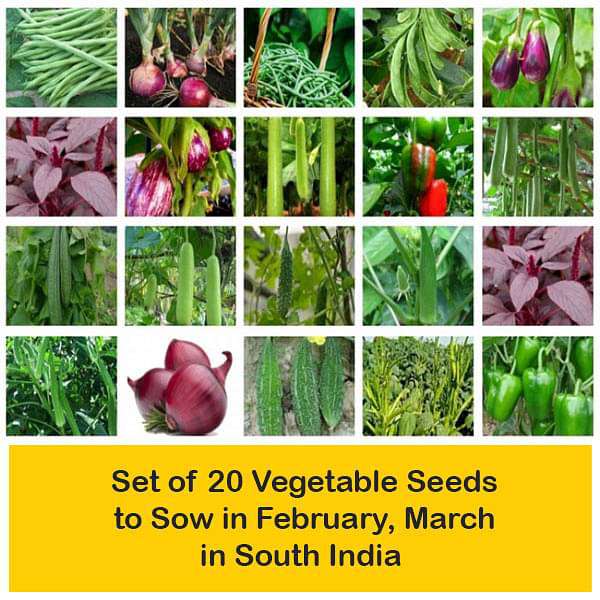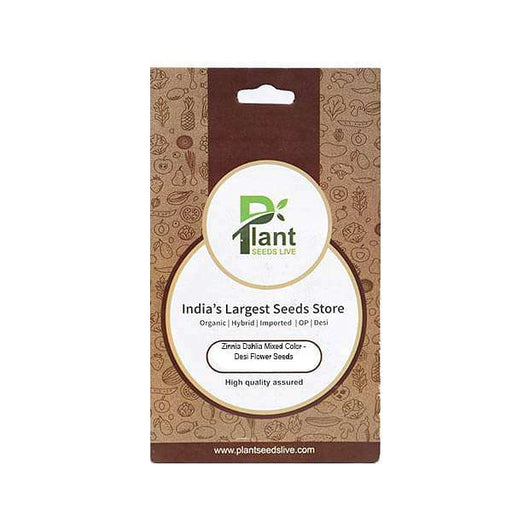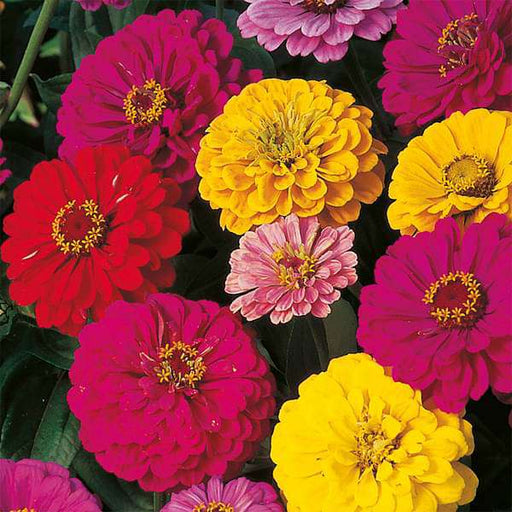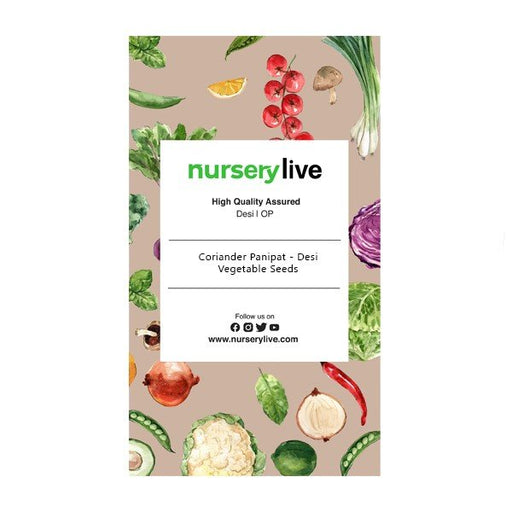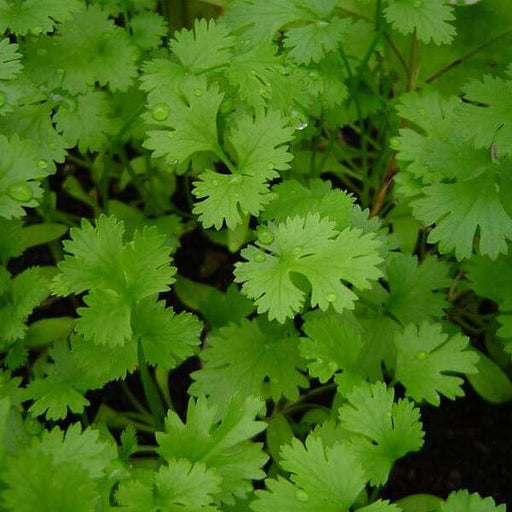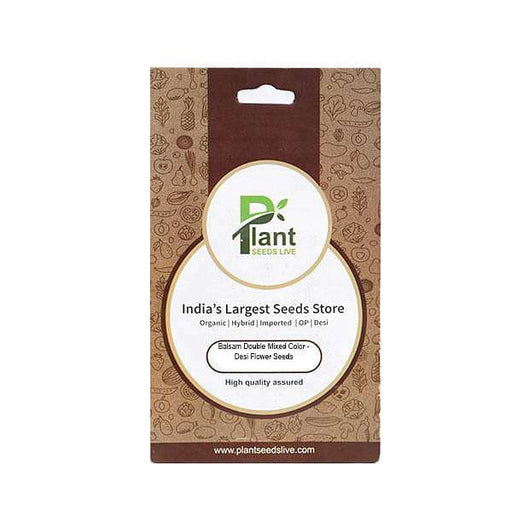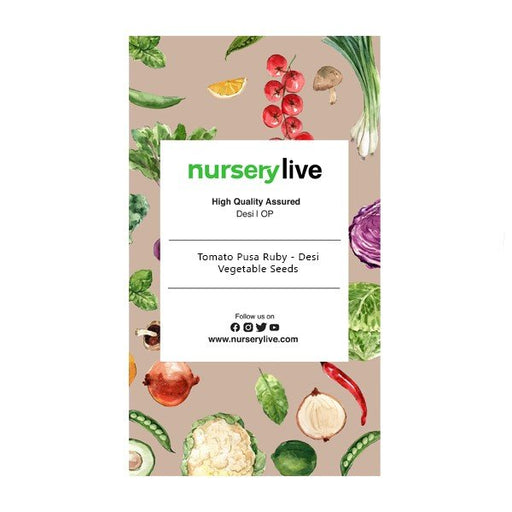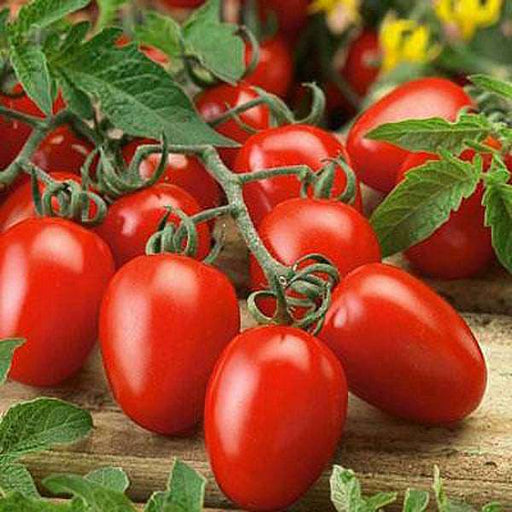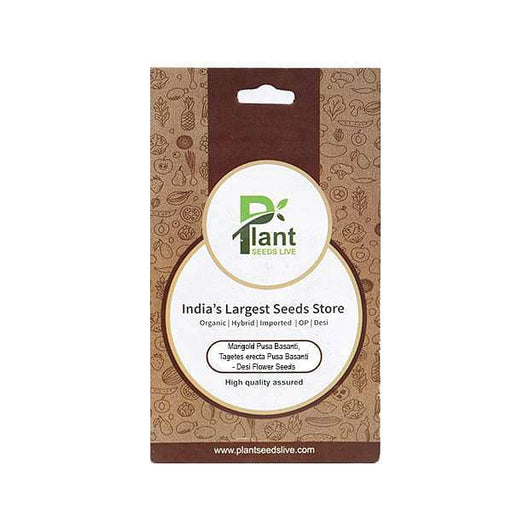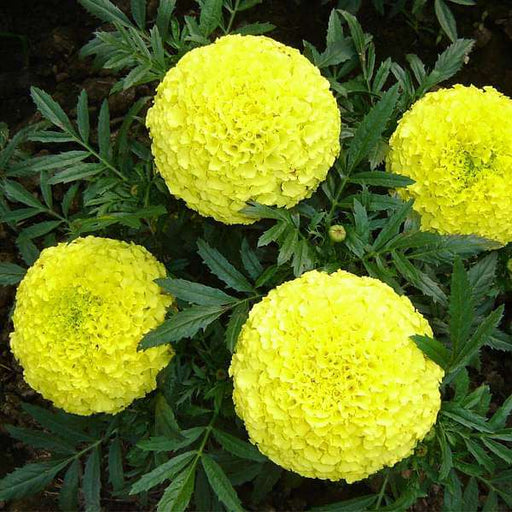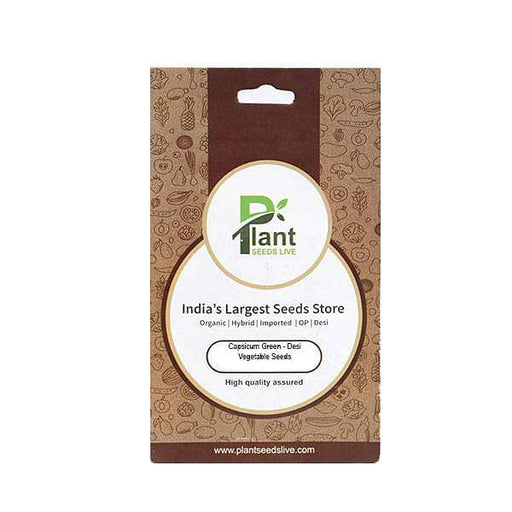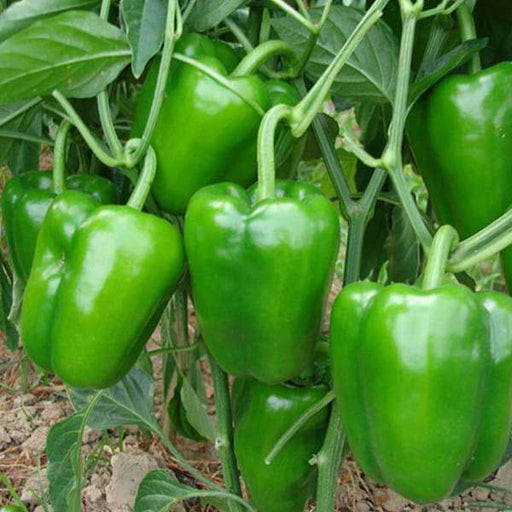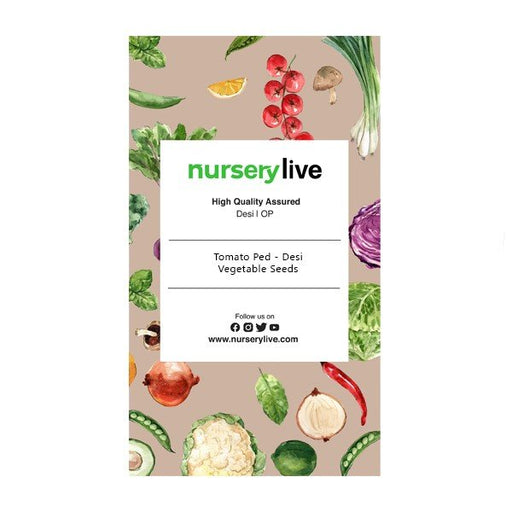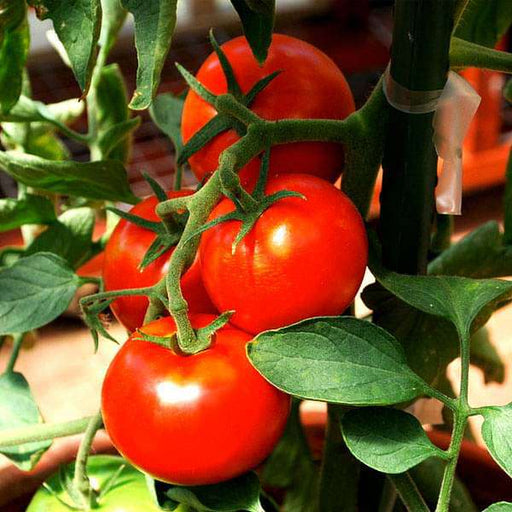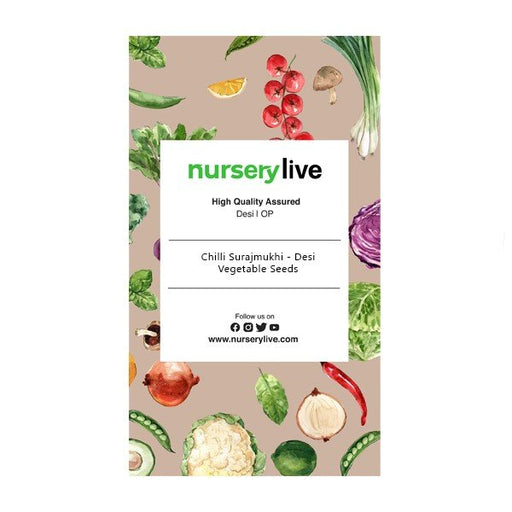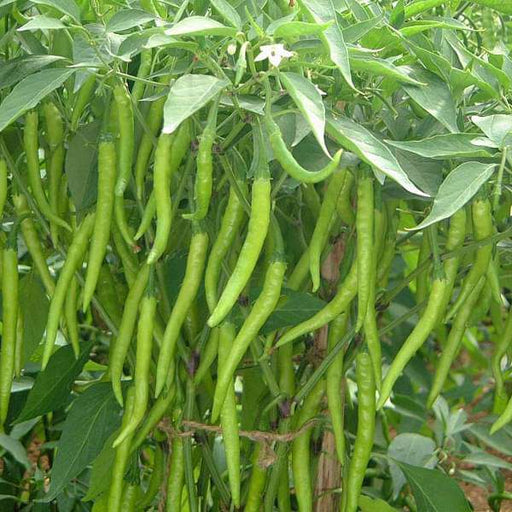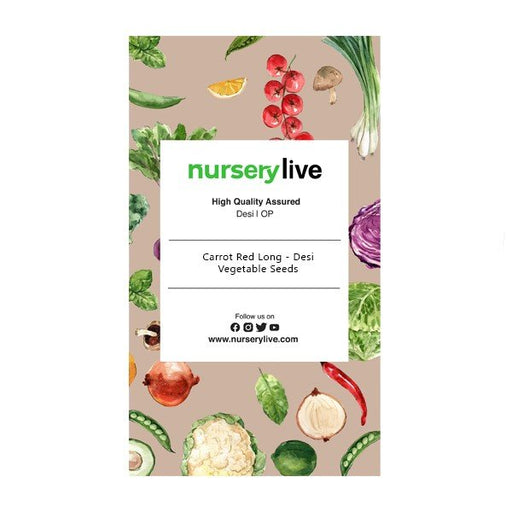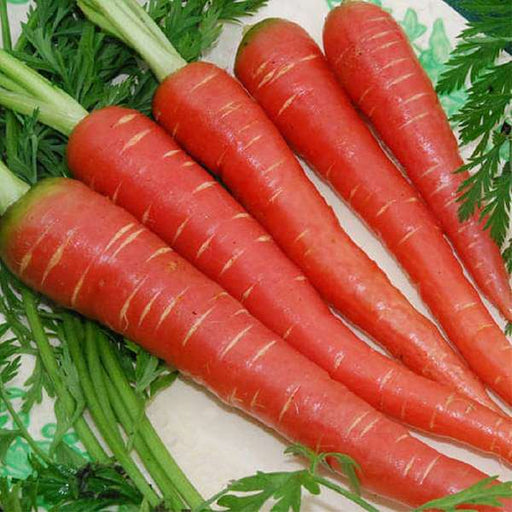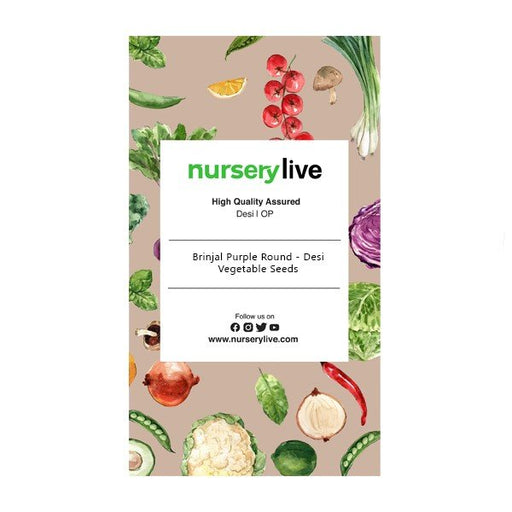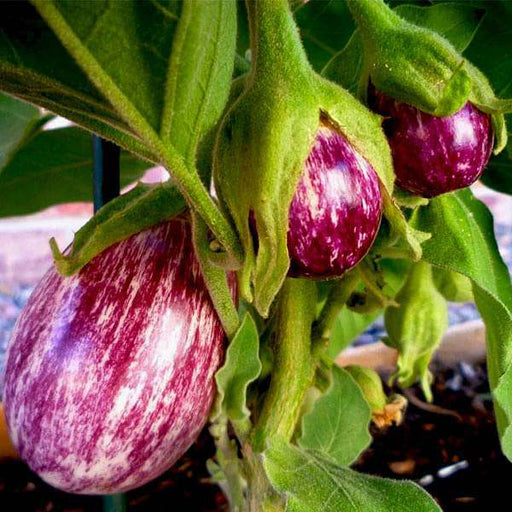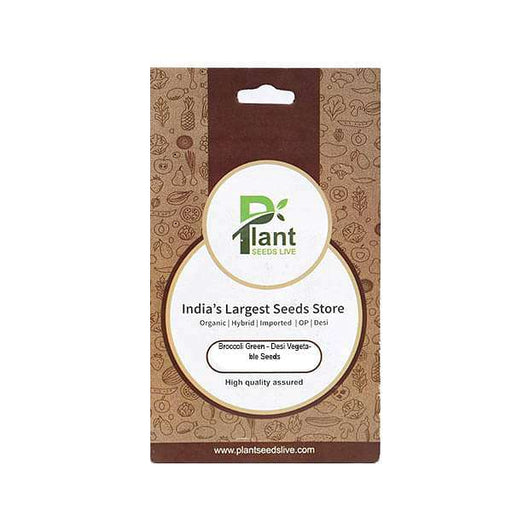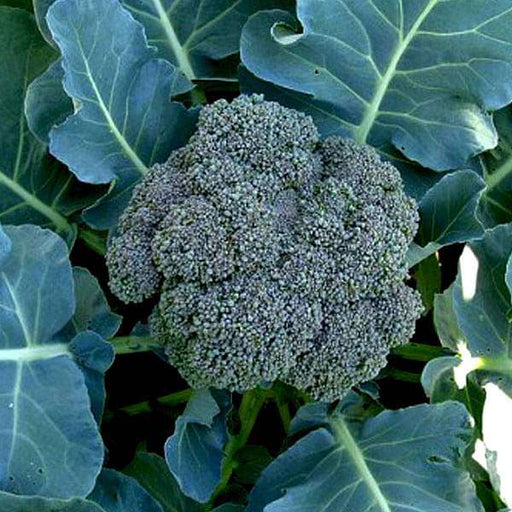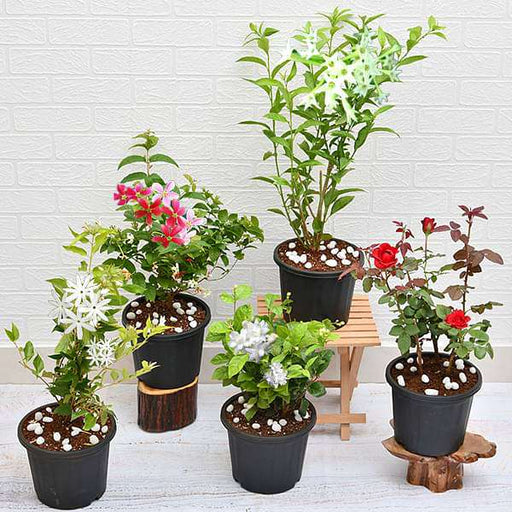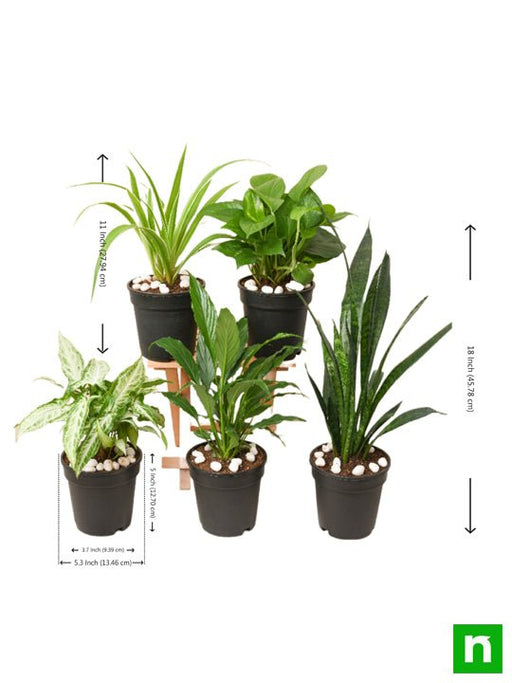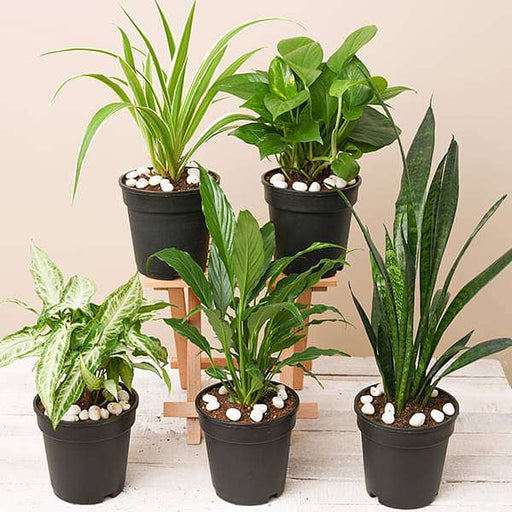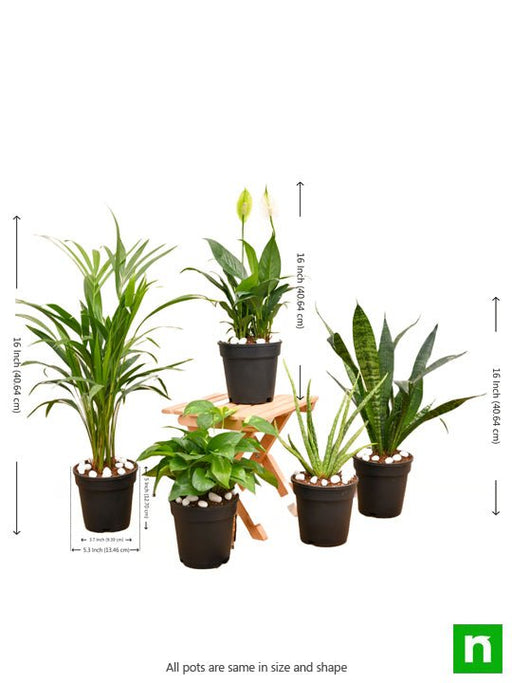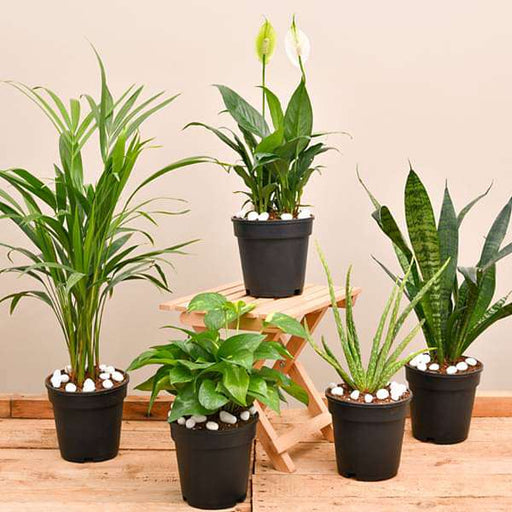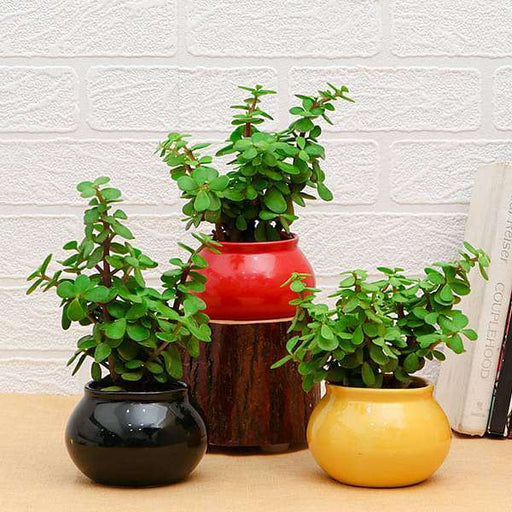Set of 20 Vegetable Seeds
Imagine a treasure chest filled with 20 delightful vegetable seeds, each one a ticket to your very own garden party. This set is like a VIP pass to the freshest produce you can grow right in your backyard. From tomatoes to carrots, these seeds are your green-thumbed companions, ready to sprout into a colorful array of veggies that will make your neighbors green with envy.
Sow in February
February is not just for love; it’s also the perfect month to sow your seeds! As the chill of winter fades, it’s time to roll up your sleeves and get your hands dirty. This month is like the opening act of a gardening concert, setting the stage for a bountiful harvest. So grab your trowel and let’s get sowing!
Sow in March
March is the month when nature throws off its winter coat and struts into spring. It’s the ideal time to plant those seeds and watch them dance in the warm sun. With longer days and warmer nights, your garden will be the talk of the town. So, don’t just sit there; get those seeds in the ground and let the magic begin!
Vegetable Gardening in South India
South India is a paradise for vegetable gardening, where the sun shines bright and the soil is rich. It’s like a buffet of flavors waiting to be harvested. From spicy brinjals to crunchy cucumbers, the region offers a plethora of options for every palate. So, grab your gardening gloves and let’s dig into this delicious adventure!
Best Vegetables for South India
Not all vegetables are created equal, especially in the sunny climes of South India. Some thrive like they’re on a tropical vacation, while others just sulk in the heat. Discover the best veggies that love the South Indian sun, and you’ll be on your way to a garden that’s bursting with flavor and color.
Growing Tips for February
February is the month of love, and your plants need some too! With a few clever growing tips, you can ensure your seeds feel cherished and nurtured. From watering schedules to sunlight requirements, this month is all about setting your plants up for success. So, shower them with affection and watch them flourish!
Growing Tips for March
March is like the pep rally for your garden, and it’s time to get those plants pumped up! With the right tips, you can turn your garden into a thriving oasis. Whether it’s mulching, fertilizing, or pest control, this month is all about giving your plants the best chance to shine. So, let’s get those green thumbs working!
Organic Vegetable Seeds
Who doesn’t love a little organic goodness? Organic vegetable seeds are like the superheroes of the gardening world, fighting off pests and diseases without the use of chemicals. They’re the perfect choice for health-conscious gardeners who want to grow their own food while keeping Mother Earth happy.
Seed Germination Techniques
Germination is the magical moment when your seeds burst forth into life, and there are techniques to make this process smoother than a buttered biscuit. From soaking seeds to using seed trays, these methods will have your garden sprouting like a well-rehearsed dance number. Get ready to witness the miracle of life!
Companion Planting
Companion planting is like setting up a blind date for your plants. Some veggies just get along better than others, creating a harmonious garden ecosystem. By pairing the right plants together, you can boost growth, deter pests, and create a thriving garden that’s the envy of all.
Harvesting Tips
After all that hard work, it’s time to reap the rewards! Harvesting tips are essential for ensuring your veggies are picked at their peak. Timing is everything, and with a little know-how, you can enjoy the freshest produce straight from your garden to your plate. So, grab your basket and let’s get harvesting!
Seasonal Vegetables in South India
South India is a seasonal buffet of vegetables, with each season bringing its own delightful offerings. Knowing what to plant when can make all the difference in your garden’s success. From monsoon greens to summer squashes, this guide will help you navigate the seasonal smorgasbord and keep your garden thriving year-round.
